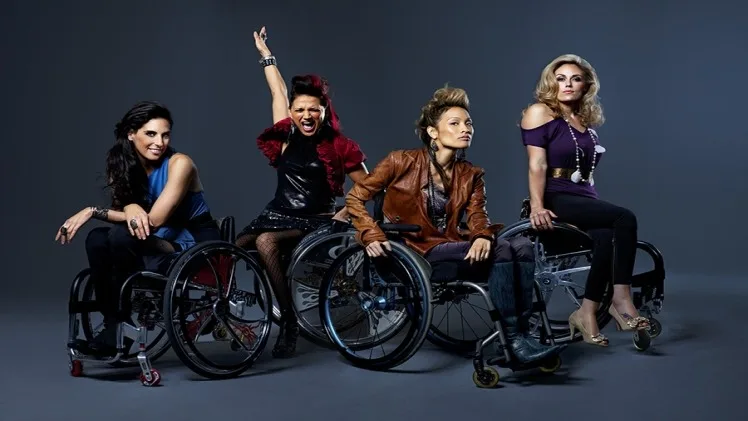Australia is committed to providing comprehensive support and services to enhance the quality of life for disabled individuals. Through various programs and initiatives, the country strives to promote inclusivity, accessibility, and equal opportunities for all. And in this article, you can delve deeper into five special services available for disabled people in Australia. These services aim to address specific needs and empower individuals to lead fulfilling lives. From respite services to assistive technology, Australia offers a range of support options for disabled individuals.
1. Respite Services
Respite services play a crucial role in supporting both disabled individuals and their caregivers. These services offer temporary relief by providing professional care and support to individuals with disabilities. By giving caregivers a break, these services help them prevent burnout and maintain their own well-being. At the same time, individuals with disabilities receive the necessary attention and care from trained professionals. These services can be provided in various settings, such as in-home care or community-based centres, allowing flexibility to cater to individual needs.
2. Assistive Technology
Assistive technology is a game-changer for disabled individuals, enabling greater independence and accessibility. Australia has made significant advancements in providing assistive technology to those in need. From mobility aids like wheelchairs and walking frames to communication devices, home modifications, and specialised software, assistive technology opens up new possibilities for disabled individuals to overcome challenges and engage fully in their everyday lives. As such, funding programs and support services are available to ensure individuals can access and utilise assistive technology effectively.
3. Disability Employment Services
Australia’s Disability Employment Services (DES) are designed to assist disabled individuals in finding and maintaining meaningful employment. These services provide personalised support and guidance throughout the employment journey. DES providers work closely with individuals to identify their skills, interests, and career goals, offering vocational training, job-seeking assistance, and workplace modifications as needed. The aim is to break down barriers and create inclusive workplaces where disabled individuals can thrive and contribute to the workforce.
4. Disability Advocacy Services
Disability advocacy services are instrumental in empowering disabled individuals to exercise their rights, access services, and have their voices heard. So, advocacy organisations provide valuable support, information, and resources to help individuals navigate complex systems, such as healthcare, education, and social services. They assist in addressing any issues or barriers individuals may face, ensuring that their rights are protected and they have equal opportunities for participation and inclusion. Disability advocacy services aim to promote self-advocacy and enable individuals to become active contributors in decision-making processes.
5. Personalised Support Coordination
Personalised support coordination services play a crucial role in helping disabled individuals navigate the National Disability Insurance Scheme (NDIS). Support coordinators work closely with individuals to understand their unique goals, develop personalised plans, and connect them with relevant service providers. They provide guidance on accessing appropriate support, coordinating services, and maximising the benefits of their NDIS funding. As such, support coordinators play a pivotal role in ensuring that individuals receive the tailored assistance they need, helping them achieve their goals and enhance their overall well-being.
Australia’s commitment to providing specialised services for disabled individuals reflects the nation’s dedication to fostering inclusivity and support. From respite services that alleviate caregiver stress to assistive technology that enhances independence, these services address specific needs and empower disabled individuals to live fulfilling lives. Disability employment services create opportunities for meaningful work, while disability advocacy services ensure individuals have a voice in decision-making processes. Personalised support coordination assists individuals in navigating the NDIS and accessing necessary support. Together, these services contribute to a more inclusive society where disabled individuals can thrive and actively participate. As such, Australia’s comprehensive support systems exemplify the nation’s commitment to providing equal opportunities and empowering disabled individuals on their unique journeys.


